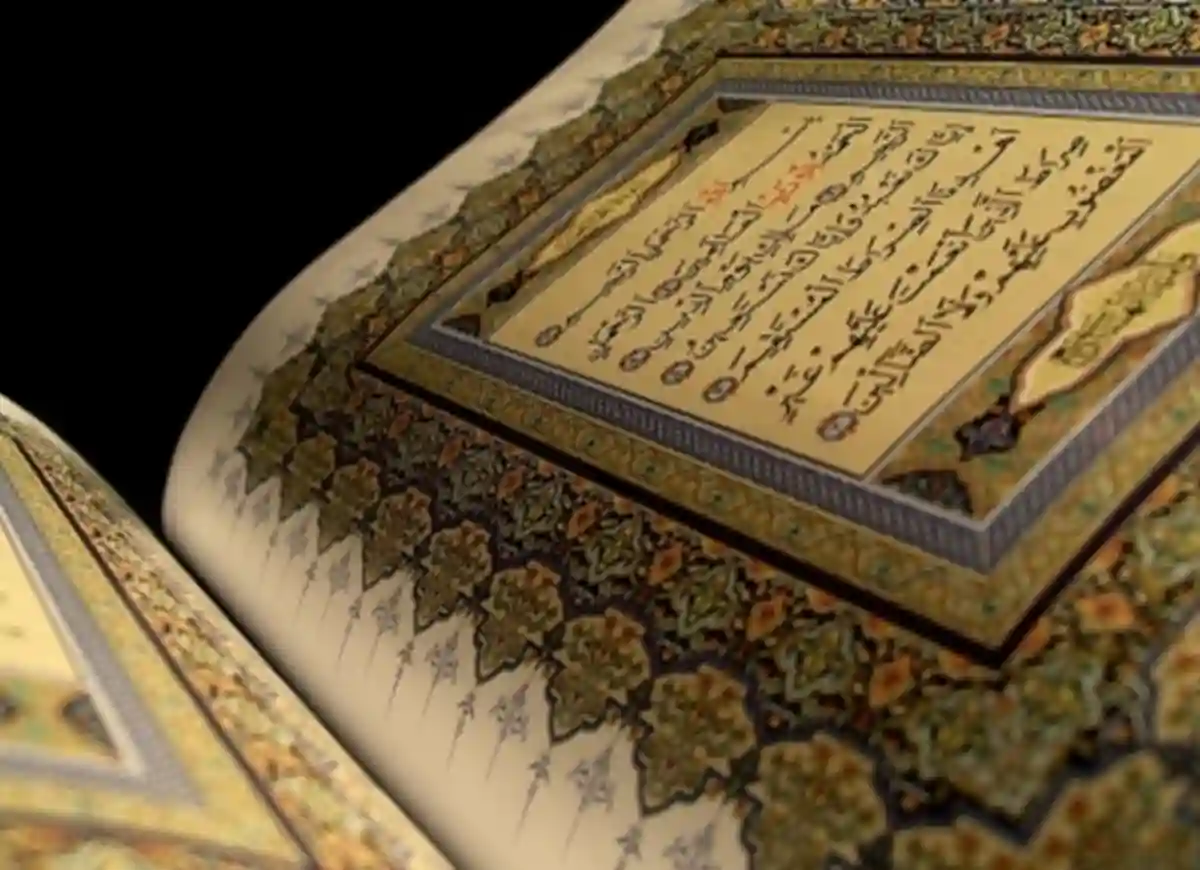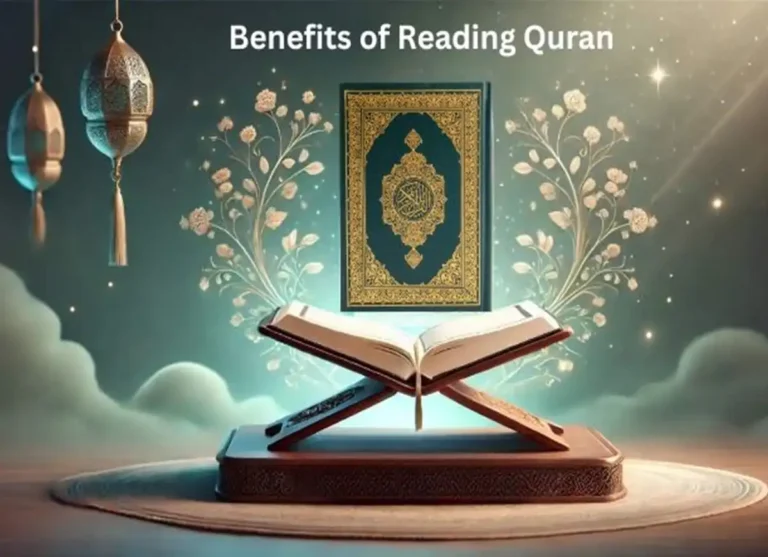Zakah (Community Wealth Tax). A Muslim contribution to the world is unlimited and without limit; he contributes his efforts, thoughts, knowledge, position, and money.
“The prophet (peace be upon his name) declared, “Every Muslim must perform an act of charity.” They inquired, “Messenger of God, what happens if someone cannot come up with anything?” He replied, “He should work with his hands for his benefit and also give to charities.”
“And how would he know he did not locate that?” they asked. “He should help an upset person who is in need.” “And how would he feel if he can not help?” “Then it is his duty to do the right thing and not do evil; that is the charity he would give.” (related in al-Bukhari’s book)
Zakah regulates the contribution to wealth to a minimum level, making it a requirement of the religion and a condition that the person cannot be freed or make concessions since the society must contribute to the welfare of people who are in need and people with disabilities as well as classes.
In its true sense, it is a concrete symbol of the unity between the faithful. It builds mutual unity between them through the solid bond it forms between the poor and the rich by enhancing the sense of belonging to the community and also the community’s appreciation of the importance of each individual and is bolstered by his strength and degraded by the weakness of his.
A study of Zakah within the Islamic system shows its many purposes within the context of Muslim society:
(a) an act of worship A religious function: In this regard, Zakah symbolizes the belief that God owns all things in the universe. And what people hold is a trust with God. God appointed trustees to fulfill it according to the rules He has outlined: “Believe in Allah and His Messenger, and invest what He has appointed the trustees” (Quran 57:7).
It also is a sign of gratitude to God, the Bestower who said: “If you give thanks to me, I will reward you with more.” (Quran 14:7) In this sense, Zakah is a sign of devotion that, similar to prayer, draws the believer closer to his Lord and is one of the foundations of the religion, avoiding paying is a sign that the shirk (serving other gods in addition to God).
(b) An economic purpose The economic value of Zakah can be seen in various ways. First, Zakah strongly incentivizes investing money to benefit society and prevents us from accumulating it.
If the sum reaches the tax-deductible minimum and is held for an entire year, Zakah is due to it regardless of whether it was invested. If they do not support their wealth, they are subject to a constant reduction of at least 2.5 percent per year. As time goes by, it will be taken from their hands to be used for society’s profit.
Additionally, the zakah system is also a means for compulsory redistribution of wealth in a manner that reduces the gap between different classes and prevents the numerous social issues from which Communist, as well as Western societies, are both suffering in the same way as modern Muslim communities that not embraced the concept of Zakah.
Furthermore, Zakah is an opportunity to bring justice in indirect ways. It is a means of redressing any wrongs and injustices or ways of exploitation in trade and industrial relations that have occurred. This could explain why it is referred to as an act of “right” instead of “charity” or a gesture of kindness.
Zakah also facilitates the correct management of power purchasing within society. It also transfers some of the consumption power, which can be utilized extravagantly to serve a purpose for those who require it.
(c) an essential social purpose: Zakah makes a fair contribution to the stability of society. In purging the souls of the wealthy of selfishness and the poorer souls of jealousy and resentment towards society, it severs the thsevershways that lead to hatred of the class and creates the rivers of friendship and solidarity to flow forth.
This stability isn’t just an expression of the personal sentiments of the wealthy; it is a legally set right that, even if wealthy people refused it, could be enforced through force if required.
Zakah is used to satisfy the current requirements of people with low incomes and in need and serves various other purposes that profoundly affect how people live their lives. According to the Quran stipulates it addresses the following issues:
(i) The issue of freedom by helping enslaved people who want to obtain it (slavery was a system that was in place throughout the world before when the Quran was made public).
(ii) The issue of indebtedness that threatens individuals with hardship, bankruptcy in the form of stress, humiliation, and the loss of a good reputation due to the demands of life or the fluctuation in the market, causing the financial burden of a reputable producer or honest business.
The Quran allocates a part of the zakah fund to solve the problem of indebtedness, which is more beneficial than the current insurance system because it is more beneficial and akin to true cooperation and social solidarity.
(iii) The security and defense of the Muslim homeland against threats external to it and other issues related to the struggle for the cause of God.
(iv) The requirement of those from their homes to seek knowledge or a legal livelihood who haven’t yet achieved an established life – the Quran allocates a portion of the zakah funds to satisfy their needs.
The entire information is found within the Quranic verse, which specifies the items on which Zakah is to be spent as well as the recipients of the funds:
“The alms are only intended for the poor and poor, and for those who are employed for collecting the alms, and for those who’s hearts need to be reconciled and to liberate debtors and slaves, and for the sake of Allah in addition to (for) the wanderer which is a responsibility imposed by Allah; Allah is All-Knowing and All-Knowing.” (Quran 9:60)
In its dictionary definition, Zakah refers to “purity” and “growth.” In both, we can see its religious meanings that cleanse society of negative afflictions and cause social and human virtues to develop, leading to good relationships, peace, and stability.
In this way, we can see the position of Abu Bakr, who was one of the early Khalifa (may God be pleased with his actions) in the wake of the first attempt to halt the payments of Zakah to people who were unwilling to pay.
He enlisted his Muslim army to enforce this right of the community and forced the rebel faction to produce the wealth of the community tax. He proclaimed a system by the prophet: “I swear to God that if they fail to pay me even a tiny piece of the robe that was used for paying Allah, the messenger of God, I will take them on.” (related to al-Bukhari).
Categories: PRAYER (Salat), ALMS (Zakat), SAWN (Fasting) HAJJ (Pilgrimage) & DUA (Supplications), Hadith and Tafseer, The Holy Quran, Quran Jaz 1- 114
Topics: Ushr and Zakat, Hijab, Arabic Corner, Faith, Islamic History, Biography, Sirat ul Nabi PBUH, Islamic Studies, Halal & Haram
ZAKAT:
- Zakah | Zakat al Mal | Zakat – Learn Islam
- Zakat ul Fitr | Muslim Charity – Learn Islam
- Beneficiaries of Zakat | Islamic Relief Worldwide
- Importance and The Significance of Zakat in Islam
- Zakat Facts | Importance of Zakat | Benefits of Zakat
- Zakat al Fitr: The Obligatory Eid Gift to Be Made Before The End of Ramadan








